|
I was ready for mental health awareness week early this year, with a post prepared on the proposed theme of sleep. Fortunately, before pressing publish, I checked back on the Mental Health Foundation website to discover that, on account of the pandemic, they’d abandoned sleep for kindness; but it wasn’t too much trouble to write another post. There’s no doubt that receiving, doing or witnessing acts of kindness raises the spirits, something we all need right now. And while I wouldn’t want to detract from the heart-warming generosity of neighbour helping neighbour, there’s another side of the story that needs our attention. The culture of both the UK and US as we went into this crisis was one of massive unkindness; an iceberg that clapping for carers can’t possibly melt. And it’s disastrous for our collective mental health.
|
|
As the Tories campaigned for re-election in December, and ridiculed the policies proposed by the Left, a hitherto unknown virus was getting social in Wuhan. In the thrill of victory, the Prime Minister’s Christmas holiday, the determination to leave the EU as promised, along with the newborn baby for number 10, there’s no doubt this government took its eye off the ball. At the time of writing this, we have the worst death rate in Europe; but tell me, Tory voters, what the fuck did you expect?
|
The great British public has endorsed a government that favours the rich and indolent while punishing the vulnerable and poor. They applauded denying nurses a pay rise while voting to give theirs a boost and, until recently, demonstrated contempt for both staff and residents in social care, with lack of job security, recognition and pay.
|
In the process of revamping the benefits system, they left people with few resources and no savings waiting six weeks for funds for which they were entitled, and then generously reduced the waiting time to five weeks when they were forced to recognise this might be ever so slightly inconvenient. Meanwhile, they prided themselves on a hostile environment to immigration which rendered racism more acceptable but led to forced repatriation to former British colonies of people who’d arrived here as children decades before. |
How are racism and inequality disastrous for our collective mental health? They might impact on us differently depending on where we stand. It’s easy to envisage how those directly affected, those living in fear of harassment, eviction or running out of food, might not rate highly on measures of mental well-being. But I’d argue that no-one can flourish psychologically in an atmosphere of nastiness and disdain for those struggling to make ends meet.
While some benefit financially, emotionally they’re incomplete. Because it must be necessary to amputate part of one’s mind to tolerate growing rich on the backs of the poor. Yes, we can all appreciate the occasional extravagance, but it’s puerile to continually indulge oneself with treats the majority are denied. For some such characters, the empathy has been bullied out of them at boarding school, but it can’t be healthy being rewarded for selfishness. Few would praise a child for refusing to share their toys. It’s perhaps unsurprising that they live separate lives from the rest of us – it’s not pleasant to be envied – but there are psychological disadvantages: research has shown that embracing diversity is good for the brain.
Unlike our Prime Minister, most people wouldn’t need to have our lives saved by intensive care nurses to appreciate the value of the health care system free at the point of delivery for all. Most of us possess the capacity for empathy for our fellow human beings. This quality, the foundation of formal and informal support systems, can be overwhelming when the need is much larger than our capacity to intervene. Yes, we can set up, staff or simply donate to food banks, but what do we do about the bigger problem of a society that tolerates the need for such services amid so much wealth?
|
It’s understandable that many of us will turn a blind eye. We have worries of our own and, like fitting our own mask before helping others on an aeroplane, we must attend to those first. Sometimes that’s all we can manage and, if we had a government that we could rely on to distribute resources fairly, that would be enough. Focusing on the positives, along with what’s within our control, is healthy, but only if the negatives don’t loom too large. If we cut off too much of the picture, we lose part of ourselves.
|
Others will idealise those who are confronting the crisis: key workers of all kinds but especially those in health and social care. We brand them angels, heroes when, in fact, they are people like us lucky or unlucky enough to have a front-line job. This is infantilising for those of us who put them on a pedestal, and an added pressure for those we place on high. This Guardian article by Ian Macdonald, an organisational psychologist who has worked with the NHS, is excellent on that:
Being called a saint or miracle-worker might be very complimentary but it may come at a price: the sense that you must conform to the image of a saint. Saints endure pain. Saints appear to need little or no rest or sustenance. Saints do not ask for pay rises.
|
But engaging with the dismal reality is painful. We yo-yo around feelings of anxiety, anger, inadequacy, helplessness, guilt and despair. It’s exhausting. Some people at some times can channel this productively into creativity and/or political action. I suppose it’s better than nothing, but all I’ve got so far is a rather unsubtle poem. |
|
It’s easy to become overwhelmed by such feelings. We need a break, but not all escape routes are healthy. Some will try to dull the pain with drugs and alcohol; others will replace mental pain with physical through acts of self-harm. Some will exhaust themselves in manic attempts to set the world to rights, not even stopping to sleep. |
|
When the world’s gone mad, the only sane response seems to go bonkers. Except that psychosis is even more painful, and I’m not sure choosing to go mad is the same. Yet the task seems impossible and contradictory: we need to be simultaneously engaged with and disengaged from the truth. (Psychoanalysts would call this finding the third position.) |
|
What’s the answer? Is there an answer? I didn’t think so when I set out to write this. But it’s there in the theme chosen for Mental Health Awareness Week. It’s there in the standard advice to passengers on nose-diving aircraft. It’s even spelt out in a blog post I wrote five years ago (click on the image): a message to myself I continually forget. The fight against unkindness has to start with being kind to oneself. |
My call to action is inaction. Being not doing. Admit you’re finding it hard and go gently. That’s my advice, will you follow it? Will I?
|
Mental ill-health sometimes manifests as a distorted response to danger: being overly anxious about situations others barely notice and/or insufficiently cautious in risky situations. So that’s shaped my response to this week’s flash fiction challenge: in 99 words (no more, no less), write a story that answers the question, “What’s the first thing that comes to mind when you are in absolute danger?” I channelled Matty, from my next novel (see below).
|
A treat turns to terror for those already spooked
How spiffing! Afternoon tea with the Mayor!
Yet, as a hostess approaches, Matty’s spirits sink. Matilda! Spruced up in Matty’s own polkadot dress!
Matilda’s dreadful lies cannot harm her if she keeps her eyes on the door. Yet it is worse than she realised. Matty had prepared for the Palladium but they have delivered her to the Folies Bergère. The man assisting the Mayor is a pimp.
Before Matilda can shout Fire! Matty races outside. To the safety of the street. A screech of brakes. A thump.
“Call an ambulance!” screams Matilda. “I’m a first aider. A qualified nurse.”
|
St Crispin’s hospital by Steven Goddard from Pixabay
|
My next novel – to be published in a year’s time – is actually set in a longstay psychiatric hospital, and I need your help to give it a name. Click or tap on the image below to subscribe to my newsletter with the chance to win one of three copies of Matilda Windsor Is Coming Home plus get an e-book of prize-winning short stories to read right now.
|
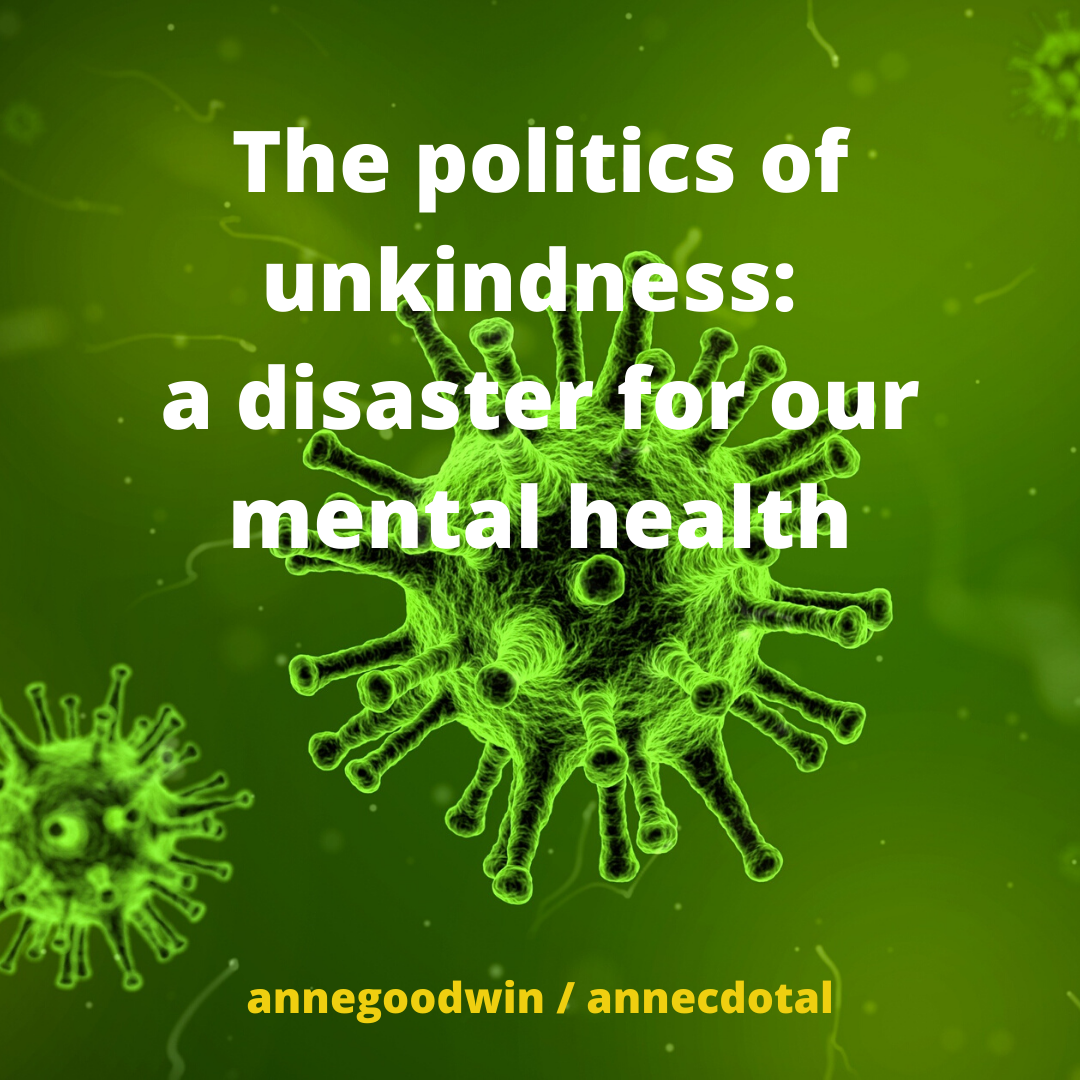
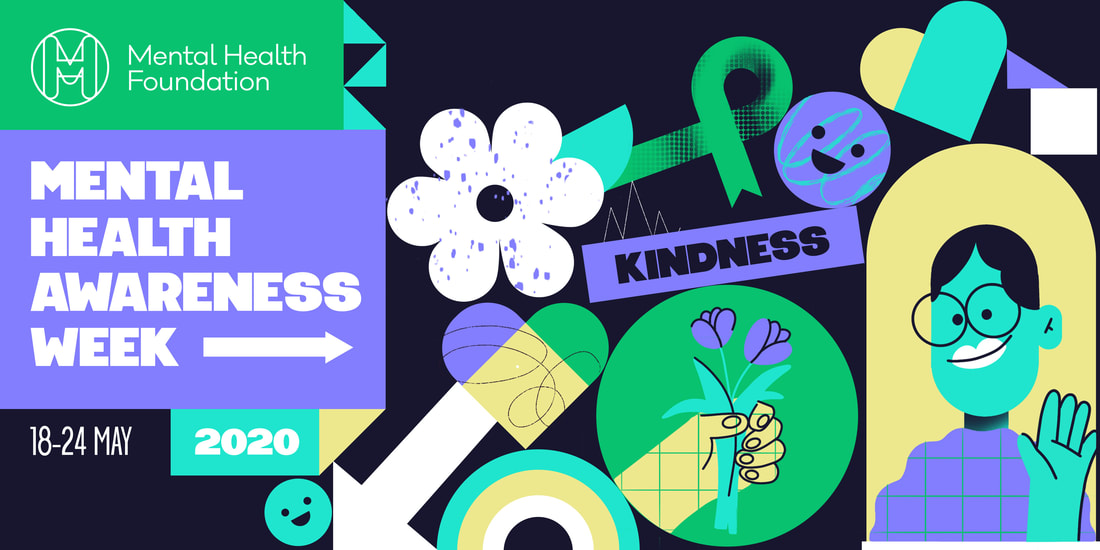
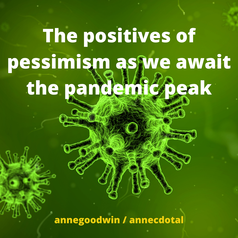
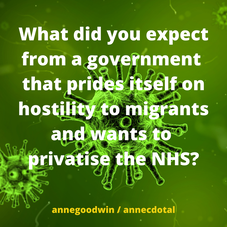
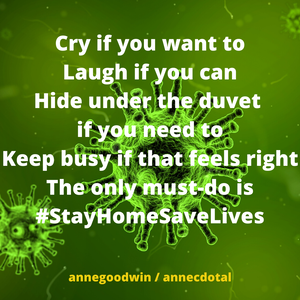
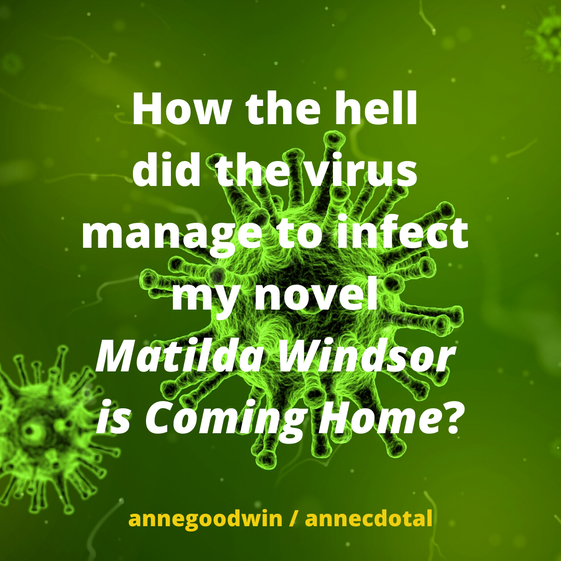
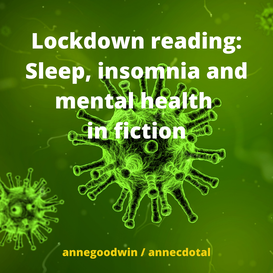
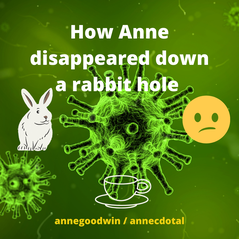
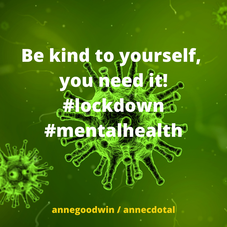

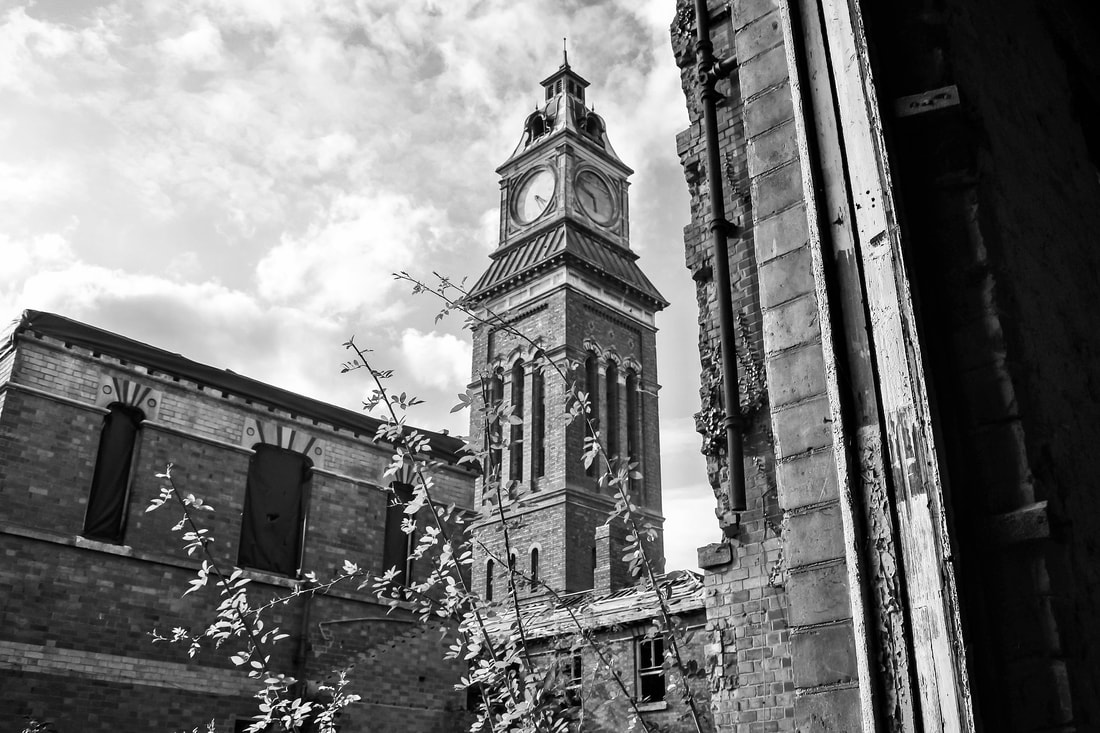






















 RSS Feed
RSS Feed





















